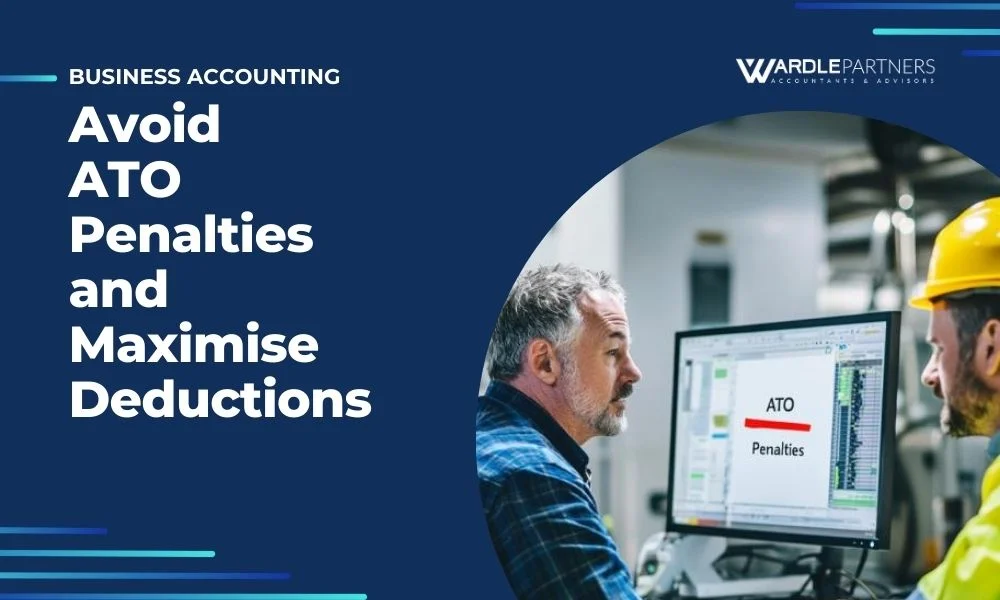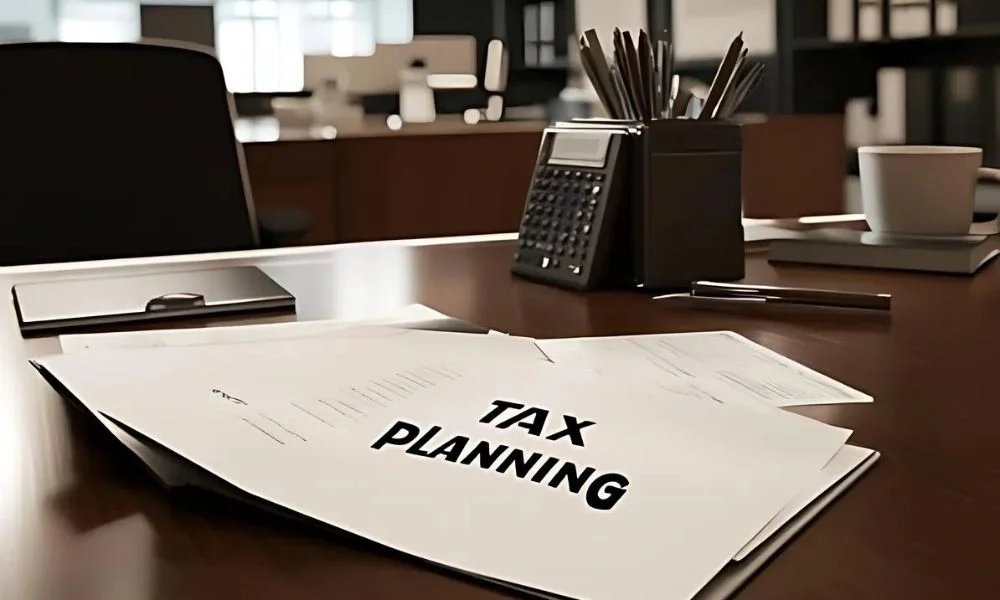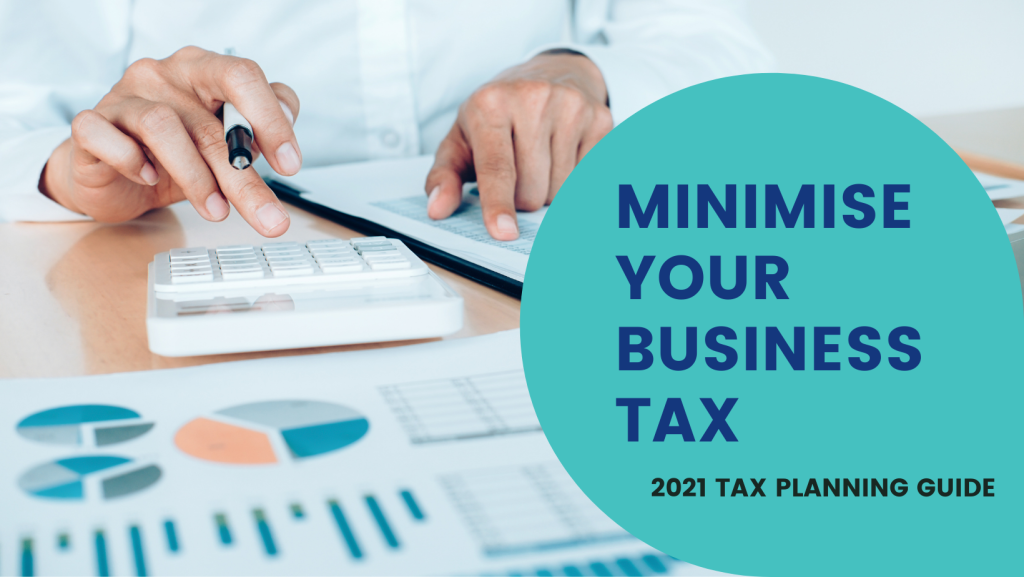Mastering Tax Management for Tradies: Avoid ATO Penalties and Maximise Deductions

Let’s be real. As a tradie, the last thing you want to deal with is the Australian Taxation Office (ATO) breathing down your neck about ATO penalties. Running a successful trade business takes time, effort, and precision—so managing tax obligations might feel like an unwanted task.
But here’s the deal: tax mistakes can cost you big. The good news? With the right strategies, you can legally minimise your tax burden while staying on the right side of the ATO.
This guide dives into straightforward strategies to reduce your tax liabilities and shield your business from hefty fines. Whether you’re laying bricks or wiring houses, these tips are tailored to help you keep more of what you earn and enjoy peace of mind.
Keep Up with Tax Law Changes
Tax laws aren’t set in stone; they evolve, particularly for bustling tradies. Ignorance of tax laws isn’t just inconvenient, it can lead to costly ATO penalties.
The best way to avoid getting caught out is by staying informed. Staying updated can prevent costly slip-ups:
- Attend workshops and webinars: Many organisations and accounting firms host sessions specifically designed for tradies to explain the latest in tax laws.
- Regularly check ATO updates: The ATO regularly publishes changes, updates, and advice. Set aside time monthly to check what’s new.
Staying in the loop isn’t just a smart move—it’s your first line of defence against ATO penalties.
Why You Need a Specialist Tax Advisor
Trying to handle taxes on your own can be like trying to rewire a house with no instructions. Sure, you might get through it, but there’s a high chance something will go wrong. The good news? You don’t have to be a tax expert—that’s what professionals are for.
Tax advisors and accountants who specialise in the trade industry are worth their weight in gold. Our team at Wardle Partners Accountants & Advisors knows exactly which deductions, credits, and strategies apply to tradies like you.
- Find a specialist: Not all tax advisors are created equal. Look for someone who has experience working with trades people and understands the nuances of your industry.
- Tailored advice: A skilled advisor will help you create a tax strategy specific to your business, ensuring you’re not paying more than you need to. They’ll also make sure you’re ticking all the right boxes to keep the ATO happy.
Investing in a professional might seem like an added cost, but the amount you’ll save in taxes—and the peace of mind you’ll gain—makes it worth every cent.
Proactive Tax Planning Techniques
Tax season isn’t just about filing your return and hoping for the best. Effective tax planning is a year-round activity. To minimise your tax bill and protect yourself from ATO penalties, you need to plan ahead with a proactive approach. Don’t just brace for tax season; plan for it all year round:
- Tax planning meetings: Schedule regular meetings with your tax advisor to discuss strategies for minimising your tax throughout the year.
- Long-term financial goals: Whether you’re thinking about expanding your business, buying new equipment, or hiring staff, your tax strategy should reflect these goals. Planning ahead helps you make smarter financial decisions.
- Optimising deductions: Knowing what you can and can’t claim can make a huge difference. Your advisor can help you stay compliant while maximising deductions (more on that in a bit).
A little forward planning can go a long way in legally reducing your tax bill,avoiding unnecessary ATO penalties and ensuring you’re not caught scrambling when tax season hits.

Essential Deductions Every Tradie Should Claim
Too many tradies leave money on the table simply because they aren’t aware of what they’re entitled to claim. Here’s where a knowledgeable advisor proves their worth—identifying every possible deduction
- Tools and equipment: The tools of your trade are deductible. If you purchase new equipment or tools, keep those receipts because they’re tax-deductible.
- Vehicle expenses: If you use a vehicle for business, you can claim fuel, maintenance, registration, and depreciation as deductions.
- Home office: If you run your business from home, don’t forget to claim home office expenses, including a portion of your rent or mortgage, utilities, and internet.
- Education and training: Any training or certifications that help you improve your trade are often deductible.
Remember, the key is to keep meticulous records (more on that next). If you’re unsure whether something is deductible, ask your tax advisor. They’ll make sure you don’t miss any opportunities to save.
Maintain Accurate Financial Records
We can’t stress this enough: accurate record-keeping is essential to minimising tax and avoiding ATO penalties. It might not be the most exciting part of running a business, but keeping detailed records of your income, expenses, and financial transactions is non-negotiable.
- Keep all receipts: Whether it’s for a tank of petrol or a new power drill, keep those receipts. Digital solutions like receipt-scanning apps can make this task a breeze.
- Track expenses: Categorise your expenses to make tax filing smoother. This includes separating business from personal expenses, especially if you’re running a vehicle or home office.
- Stay audit-ready: Having clear, well-organised records is your best defence if the ATO decides to audit your business. If everything is in order, you’ll have nothing to worry about.
Accurate records not only keep you in line with ATO regulations, but they also back up any deductions you’re claiming—giving you the confidence to maximise your savings without fear of an audit.
Avoid Aggressive Tax Avoidance Schemes
Let’s make one thing clear: there’s a big difference between legal tax minimisation and tax avoidance. The latter can land you in serious trouble with the ATO, leading to penalties that could cripple your business.
- Too good to be true: Be wary of schemes that promise huge tax breaks or refunds that seem too good to be true. Often, they are illegal.
- Get advice from trusted professionals: If you’re ever unsure about a tax strategy, consult your advisor. They’ll steer you away from anything dodgy that could cause more harm than good.
Staying within the legal limits is the only way to ensure long-term financial health and protection from ATO penalties.
Respond to ATO Correspondence Promptly
It’s tempting to ignore a letter from the ATO, especially if it feels intimidating or confusing. But ignoring ATO correspondence can lead to fines, penalties, or worse. If you receive any communication from the ATO, respond promptly.
- Provide accurate information: If the ATO is asking for details about your business, make sure the information you provide is accurate and complete. Failing to do so could lead to unnecessary complications.
- Get help from your advisor: Don’t know how to respond? Hand it over to your tax advisor. They’ll ensure the right response is sent, keeping you in compliance and reducing the risk of penalties.
Proactivity shows the ATO that you’re serious about compliance, which can often result in a more favourable outcome.
Conclusion
Managing your taxes as a tradie might not be the most exciting part of running your business, but it’s one of the most important. Legally minimising your tax liability while staying clear of ATO penalties is all about knowledge, strategy, and expert advice.
By staying informed about tax regulations, engaging professional tax advisors, planning ahead, maximising deductions, keeping accurate records, and steering clear of tax avoidance schemes, you’ll put yourself in the best position to succeed. Most importantly, respond promptly to any ATO correspondence and seek help when you need it.
Remember, the goal isn’t just to save on taxes—it’s to protect your business for the long haul. If you want to get a comprehensive guide on what strategies will work, contact Wardle Partners Accountants & Advisors.
Did You Know?
- Tradies can claim deductions for tools, equipment, and even vehicle expenses as part of their tax strategy.
- Keeping accurate financial records can protect you from ATO penalties and audits and ensure you’re prepared for any tax-time queries.
- Engaging a professional tax advisor can help you legally minimise tax while safeguarding your trade business from costly penalties.




